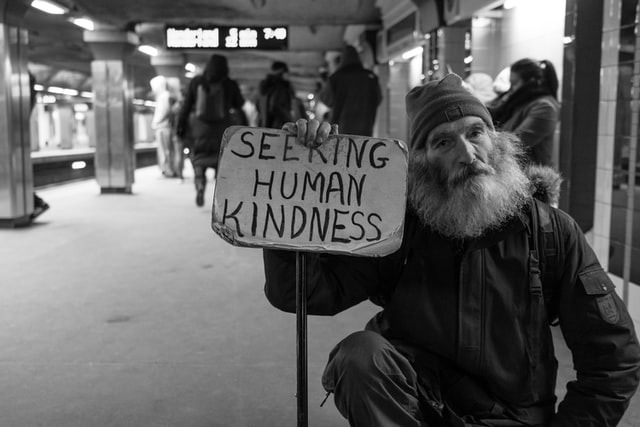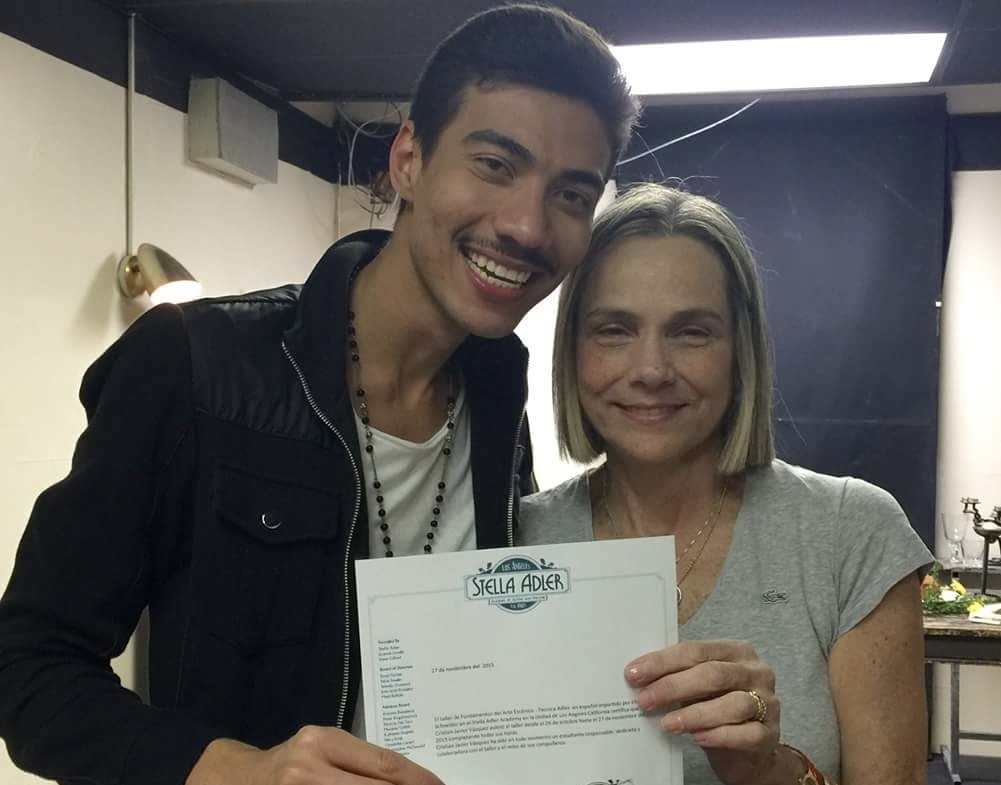(DENVER) — Invisible People is a nonprofit newsroom that is dedicated to “changing the narrative about homelessness,” according to its website. The organization also produces some effective content such as raw and unedited interviews with people experiencing homelessness and fact-based articles about homelessness. While some may say Invisible People publishes propaganda, I believe the organization’s materials qualify as advocacy journalism.
One reason that Invisible People’s content qualifies as advocacy journalism is that the video interviews published by the organization are not doctored in any way. The videos have no music and very little editing, if any at all. They are also shot on either an iPhone or a handheld camera and can be a mix of fly-on-the-wall content and pre-arranged interviews.
The videos are a key component of the organization’s capacity to provide transparency in messaging, which is a major difference that deviates Invisible People’s work from other organizations that claim to be journalistic ventures such as Project Veritas. While Project Veritas will edit its materials to elicit a desired effect, Invisible People publishes raw and unedited video footage for its audience. This allows Invisible People’s audience to make their own decisions regarding the state of homelessness in America whereas Project Veritas will lead its audience to a desired and predestined message.
An astute observer may decry that Invisible People’s news articles contain an explicit call-to-action, which Jack Lueddeke, an environmental journalism student at Gettysburg College, argues in a 2019 essay is a mainstay of advocacy journalism. While explicit calls-to-action are often looked down upon in journalism, this feature is part of Invisible People’s success as a journalistic outlet. For starters, the calls-to-action tell readers exactly how they can help people experiencing homelessness, which is one of Invisible People’s aims. These calls-to-action are also included separately from the fact-based reporting that many of Invisible People’s writers undertake.
There are also other outlets in the canon of homeless advocacy journalism that use similar tactics as Invisible People but are considered more “official” or “journalistic.” For example, Talk Poverty often publishes stories that advocate for the eradication of poverty across America. The Economic Hardship Reporting Project also advocates for a more just and equitable economy for all. What these outlets share is that they blend the language of advocacy with the fact-based reporting skills that journalists at other outlets use.
Even street newspapers like Street Sense Media in Washington, D.C., or Denver VOICE in Denver, Colorado, use similar tactics as Invisible People to get their message across. These outlets often hire homeless people to sell their newspapers, which are full of stories about the plight many homeless people face on a daily basis. This certainly qualifies as advocacy journalism but these outlets have also won awards for their journalism. For example, Denver VOICE took home an award last year for its beat coverage of homelessness from the Society of Professional Journalists.
While advocacy journalism often gets a bad rap in journalistic circles, Lueddeke argues that it is a necessary style of journalism that is well-prepared to stand up to many of the world’s problems. For instance, Lueddeke points to journalism that covers climate change and green energy as an example of advocacy journalism that works. “Because a reporter writes about an environmental issue and urges readers to take action does not mean that it isn’t good journalism,” Lueddeke writes. The same also applies to homelessness. Just because a journalist cares about ending homelessness doesn’t mean they’re not practicing journalism. That is what advocacy journalism is meant to do.
Disclosure: The author of this article writes for Denver VOICE and Invisible People


